Oia is left behind to start the second stage of the Portuguese Way along the coast in Galician territory. The Camino runs along the cliffs to Cabo Silleiro from where you can already see the Vigo estuary. Its lighthouse has been guiding the ships that sail through these waters since 1866.
READ MORE
The route
is a flat stretch, with hardly any trees, which runs through fields near
the beaches and cliffs. The greatest difficulty of this section is if the
Camino is carried out in the summer months, when it gets really hot. Although
the breeze of the Atlantic Ocean, always to our left, will help the pilgrim to
continue the walk.
During this
part of the Camino we cross the Vilar and Mato Vello rivers. We also cross the
road on several occasions to continue walking along the coast. At the level of
Cape Silledo, shortly before reaching As Mariñas, the Way ascends to Baredo,
where the Virgin of Cela is located.
The Camino
continues along a track by O Ponte and we continue the route of the PO-2203 to
enter passing under the highway to Baiona and approaches the old
Castillo de Monterreal, now turned into a National Tourism Parador. Its fortress,
known as Fortaleza de Boi, was built during the 12th century and took almost
four centuries to complete the work. Thanks to this fortress the locality
resisted for centuries the attacks of pirate ships. The best known was the
victory over the English corsair Francis Drake in 1585.
This town, end of this
stage, has not only gone down in history because of its resistance to pirates,
but also because it was the first to receive the news of the conquest of
America, since the caravel La Pinta arrived on its beaches in 1943. Today the
traveler cannot leave this town, which has all the services for pilgrims,
without contemplating the chapel of Santa Liberata, a Baroque work from the
13th century and the monument to the Virgin of the Rock.
Tips from our postmen and women
What to see and do in Baiona?

"When passing through Baiona, visit the old town, the Castle and the replica of the caravel La Pinta, which arrived in this town, announcing the discovery of America. It is essential to walk through the Romanesque bridge over the Miñor River dating from the 13th century and that unites the city councils of Baiona and Nigrán".
Accommodations Oia - Baiona
Image gallery
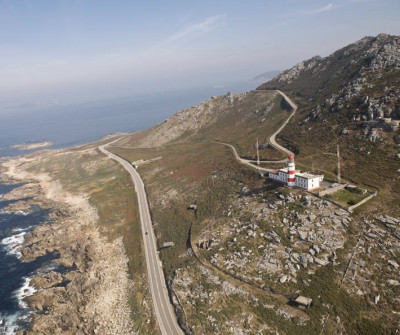
Vistas del Cabo Silleiro, Camino Portugués por la Costa
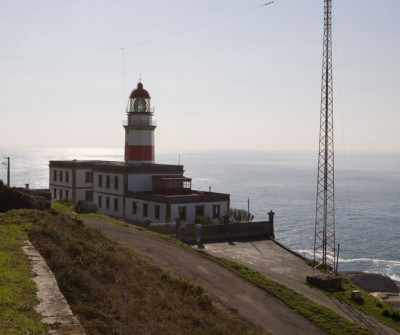
Faro de Cabo Silleiro, Camino Portugués por la Costa
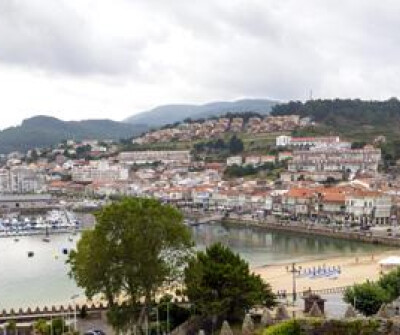
Vistas de Baiona, Camino Portugués por la Costa
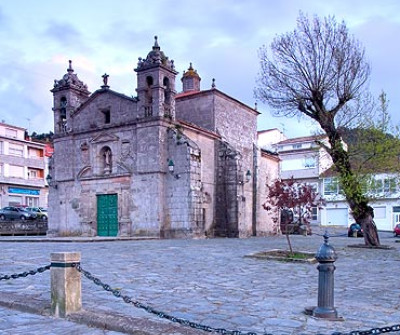
Capilla Santa Liberata en Baiona, Camino Portugués por la Costa
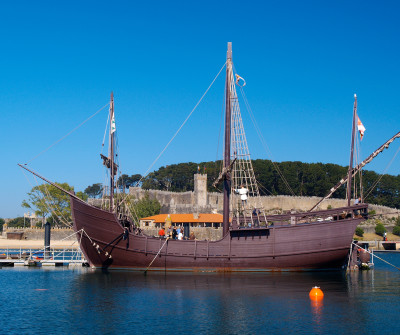
Carabela Pinta en Baiona, Camino Portugués por la Costa
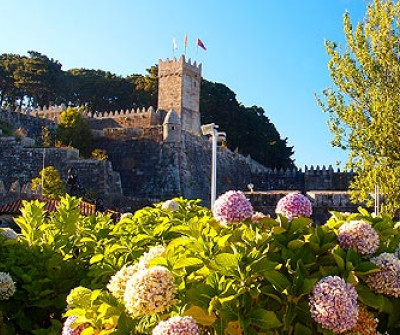
Fortaleza de Monterreal en Baiona, Camino Portugués por la Costa
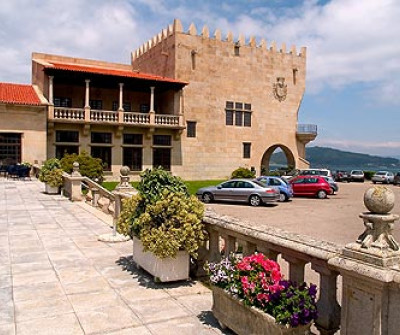
Parador de Baiona, Camino Portugués por la Costa
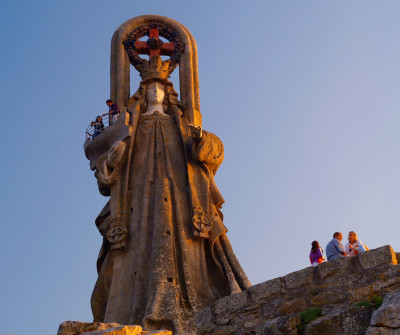


 Filter
Filter